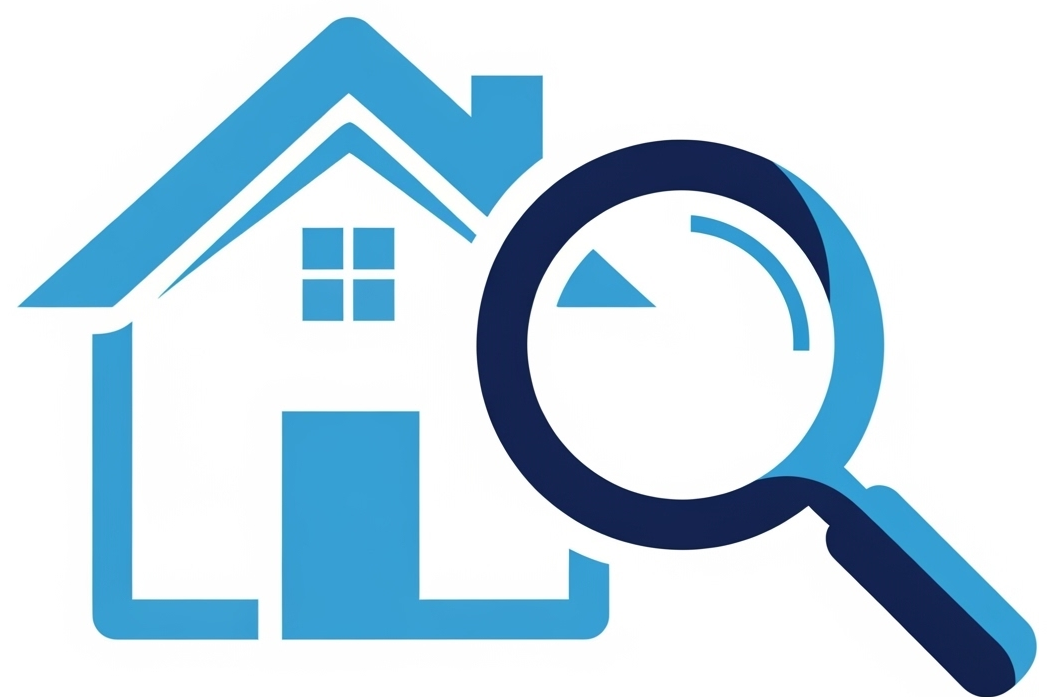
Buying a home is one of the biggest financial decisions most people make in their lifetime. Whether you’re a first-time buyer or looking to invest in another property, timing can significantly influence both the price you pay and the long-term value of your purchase. So, when is the right time to buy a home?
1. When Interest Rates Are Low
Mortgage interest rates play a critical role in determining how much your home will ultimately cost. When rates are low, your monthly payments decrease, and you can potentially afford a more expensive property for the same monthly cost. Tracking rates and locking in a low rate could save you tens of thousands over the life of your loan.
Tip: Check with local lenders or real estate sites to monitor trends. Even a 0.5% difference in rates can make a big impact.
2. During the Off-Season
Traditionally, spring and summer are peak home-buying seasons. Sellers know this, which means higher prices and more competition. If you’re looking for a better deal and are willing to compromise slightly on inventory or timing, fall and winter can be excellent buying seasons.
- Fall: Fewer buyers, motivated sellers
- Winter: Even less competition, but fewer listings
3. When You’re Financially Ready
The “right time” isn’t just about market timing—it’s about your timing. Ask yourself:
- Do you have a stable income?
- Do you have savings for a down payment (typically 10–20%)?
- Is your credit score in good shape?
- Can you handle closing costs, property taxes, and unexpected expenses?
If your answer is yes to these, you may be in a good position to buy—regardless of the season.
4. When the Local Market Favors Buyers
Real estate markets are hyper-local. One city might be booming while another is cooling down. A buyer’s market (more homes for sale than there are buyers) means more negotiating power and better deals. A seller’s market means you’ll face more competition and possibly bidding wars.
Check trends in your desired location:
- Are homes sitting longer on the market?
- Are prices stabilizing or dropping?
- Are sellers offering concessions?
5. When You’re Planning to Stay Long-Term
If you’re planning to live in the home for at least 5–7 years, short-term market fluctuations matter less. Over time, you’ll likely build equity, and the upfront costs (like closing fees) will be spread out over the years. In short: long-term buyers have more flexibility in timing.
Final Thoughts: There’s No Perfect Time—Only the Right Time for You
Trying to time the housing market perfectly is nearly impossible. Instead, focus on your financial health, long-term plans, and local market conditions. If those stars align, any time could be the right time to buy a home.





Leave a Reply
You must be logged in to post a comment.